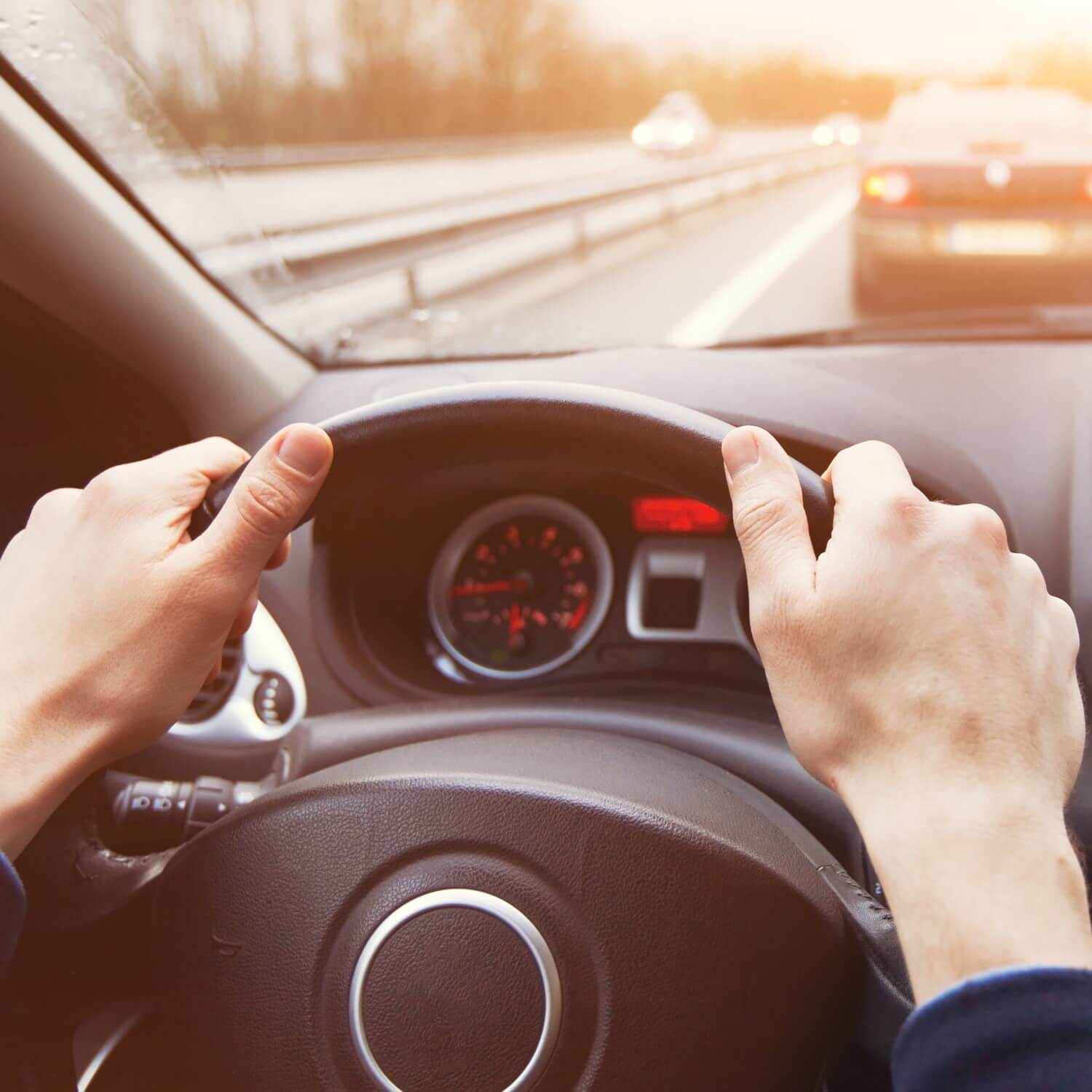In January 2015, the Transportation Secretary announced a plan that includes adding two new Automatic Emergency Braking (AEB) systems to the list of recommended advanced safety features to be included in new car models in the future. This is the most recent step in over 50 years of safety innovations that are estimated to have saved over 600,000 lives, according to the National Highway Traffic Safety Administration (NHTSA). Today, this technology continues to evolve and benefit drivers throughout Pennsylvania.
What are Automatic Emergency Braking Systems?
Automatic emergency braking (AEB) systems detect an impending forward crash with another vehicle in time to avoid or mitigate a crash. These systems first alert a driver to take action to avoid the crash. If the driver doesn’t respond in time to avoid the crash, the AEB system may automatically apply the breaks to assist in preventing or reducing the severity of the crash, depending on the brand of vehicle you drive. AEB systems have the potential to save lives and reduce moderate rear-end crashes that are common.
There are two different types of AEB systems, the dynamic brake support (DBS) and the crash imminent braking (CIB). The dynamic brake support automatically supplements the driver’s breaking if the driver doesn’t brake hard enough to avoid a crash. Crash imminent braking automatically applied the vehicle’s breaking to slow or stop the car if the driver fails to brake on time.
The following NHTSA video shows the value of automatic braking systems and how they work:
The Future of AEB
Since 2015, the NHTSA issued a challenge to auto manufacturers to make automatic emergency braking a standard part of every vehicle produced in 7 years. As of March 2016, twenty major US automakers committed to make AEB standard in their vehicles by September 1st, 2022. After the implementation of AEB in passenger vehicles, the NHTSA plans on having heavy trucks come standard with AEB by September 1, 2025.
The automakers who agreed to make AEB standard for passenger vehicles included:
- Audi
- BMW
- FCA US LLC
- Ford
- General Motors
- Honda
- Hyundai
- Jaguar
- Land Rover
- Lexus
- Kia
- Maserati
- Mazda
- Mercedes-Benz
- Mitsubishi Motors
- Nissan
- Porsche
- Subaru
- Tesla Motors Inc.
- Toyota
- Volkswagen
- Volvo Car USA
Rear-End Collisions Are Commonplace
According to NHTSA’s data, 33% of all reported car accidents involve a rear-end collision with another vehicle. NHTSA’s research also shows that, in rear-end collisions, many of the drivers either didn’t fully apply their brakes or they didn’t apply them at all before the crash. Automatic Emergency Braking systems can, as the name implies, automatically apply the brakes or assist the driver in fully braking, to avoid an accident.
According to data from 2013 and 2015, rear-end collisions make up 40% of all vehicle collisions. The last date for which we have data (2015) says that there were 1.7 million rear collisions that year. In those collisions, half a million people were injured—and 1,700 were killed. To even bring that number down by 10% would spare thousands of people from the pain and trauma of a car accident.
NTSB Chairman Christopher Hart said it well in 2015: “You shouldn’t have to pay extra for technology that can prevent a collision altogether.” Making AEBs standard in all vehicles will make the roads safer for everyone—not just the people who buy luxury vehicles.
What Cars Have AEB Today?
While federal regulations are mandating automatic emergency braking systems in cars over the next few years, some companies have already implemented the feature into their vehicles. This has made AEB, a feature once only found in luxury vehicles, more common and affordable. Currently, economy cars such as the Hyundai Accent, Honda Fit, and Chevrolet Spark offer AEB as a standard feature. This news means that it's only a matter of time until all new cars offer this crucial stopping technology, making the roads safer for everyone!
Hurt in a Car? Call HHR! Experienced Car Accident Attorneys: (888) 498-3023
The Pennsylvania car accident lawyers at Handler, Henning & Rosenberg LLC have helped thousands of clients get the compensation they need after being injured in a car accident. We have also recovered tens of millions of dollars on our client’s behalf. Our car accident attorneys will work for you in establishing the fault of the other driver, maximizing and proving the extent of the injuries, and ensuring adequate proceeds to pay the settlement for your car accident injury case. Focus on getting better—we make sure you have the money you need to heal and move forward. Handler, Henning & Rosenberg LLC serves clients throughout Harrisburg, Lancaster, York, Hanover, and Carlisle areas.
Start with a free case consultation today—call us at (888) 498-3023 or contact us with our simple online form.


